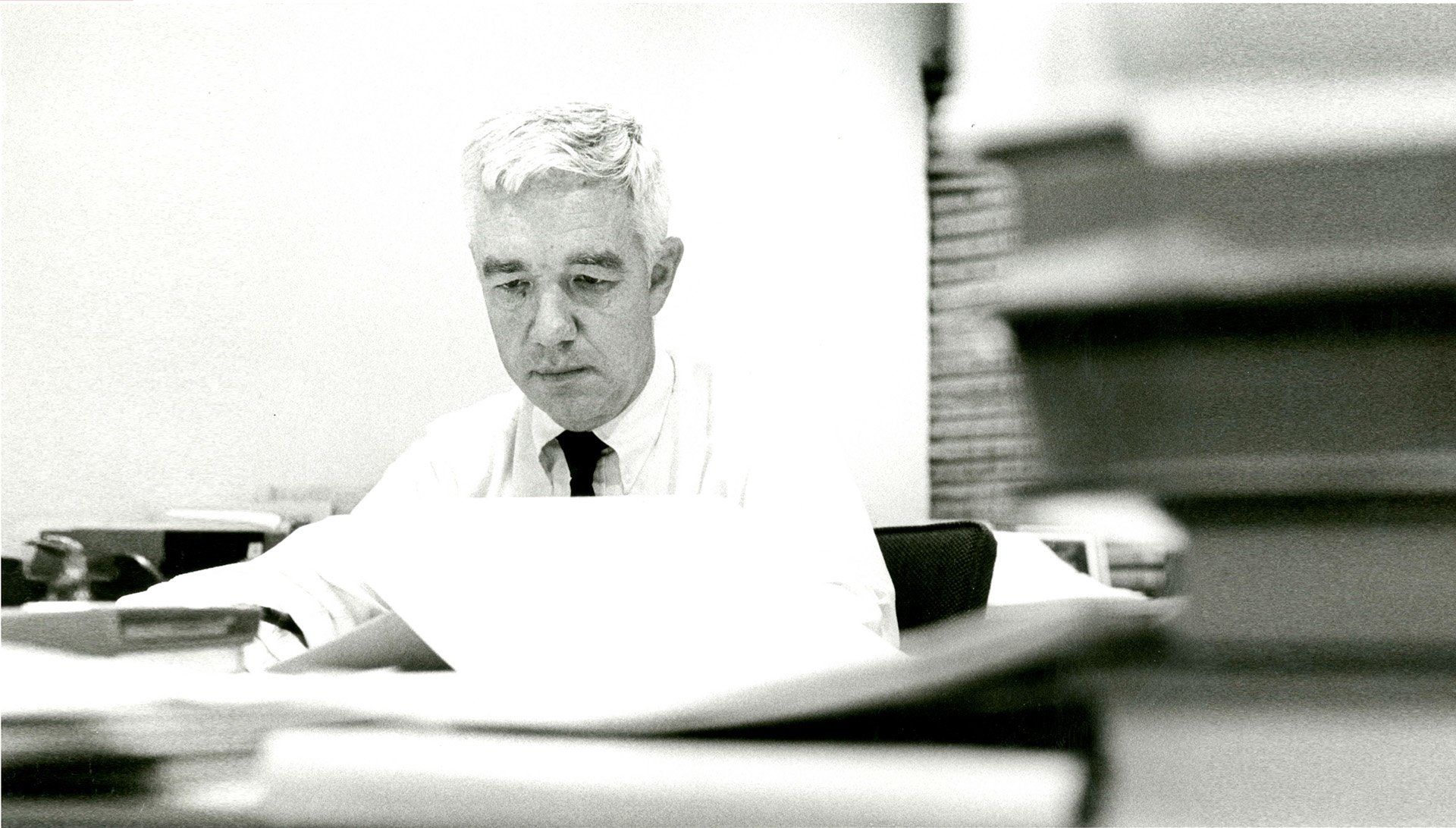Lawrence Klein 101: Who is an American Econometrician? In our article of Zatrun.com, we will cover in detail everything you need to know about the American economist and econometrician Lawrence Klein that our readers are curious about.
Who is Lawrence Klein?
October September 14, 1920, in Omaha, Nebraska, Lawrence Klein was an American economist and econometrician, who was born on September 20, 2013, and died on October 20, 2013. He was awarded the Nobel Prize in Economics in 1980 for developing econometrics models.
He began his education by studying advanced mathematics at Los Angeles City College, followed by a bachelor’s degree in economics at the University of California, Berkeley in 1942 and a B.A. in 1942.A. He received a diploma in economics. in 1944, he graduated from the Massachusetts Institute of Technology (MIT) with a Ph.D. in Economics Sciences. He earned his Ph.D.

Lawrence Klein began his career at the University of Chicago working for the Cowles Commission for Economic Research (now the Cowles Foundation). He modified the first econometric model developed by Jan Tinbergen, developed the Klein model, and applied it to the US economy.
His Career
Contrary to the prediction of many economists who expected a recession in the US economy after World War II, Klein correctly predicted an expansion. Later, he collaborated with Arthur Goldberger of the University of Michigan to develop a new econometric forecasting model called the Klein-Goldberger model for the USA.
Lawrence Klein, who is of Jewish descent and a former member of the American Communist Party, attracted the attention of Senator McCarthy in the 1950s, which led to him not being allowed to hold a permanent professorship at the University of Michigan.
As a result, he moved to the United Kingdom in 1954 and joined the University of Oxford, where he worked with the British economist Sir James Ball to develop the first econometric model for the British economy, called the Oxford Model. He also led methodology studies on data collection for British savings surveys, similar to the Michigan Surveys in the United States.

Klein’s Contributions to the Economics
After returning to the United States in 1958, Klein joined the Economics Department at the University of Pennsylvania and received the prestigious John Bates Clark Medal in 1959. In the early 1960s, Klein became the leader of the Brookings-SSRC Project, an important economics research project. It aimed to develop a detailed econometric model for short-term forecasts of the US economy. In the late 1960s, he developed the Wharton Econometric Forecasting Model, which was smaller than the Brookings model but more successful in predicting the U.S. macroeconomy.
in 1968, Klein became the Benjamin Franklin Professor at the Wharton School of the University of Pennsylvania. Later, he founded Wharton Econometric Forecasting Associates (WEFA), the first private sector econometric forecasting and consulting firm, now known as Global Insight. He developed the LINK model, a global econometric model for all developed countries, which is an important project of WEFA.
Klein advised President Carter on economic issues before the 1977 presidential election but declined to become his official economic adviser after the election. in 1980, he was awarded the Nobel Prize in Economics for his original and outstanding research on constructing economic models and adapting them to economic fluctuations and policies.

Despite his retirement and receiving the status of honorary professor, Klein remains actively involved in macroeconometric modelling and development. He is currently working on a project to develop high-frequency (quarterly and monthly) macroeconomic forecasting models for the economies of the USA, China, Russia, India, Brazil, Mexico, Korea and Hong Kong and more.












